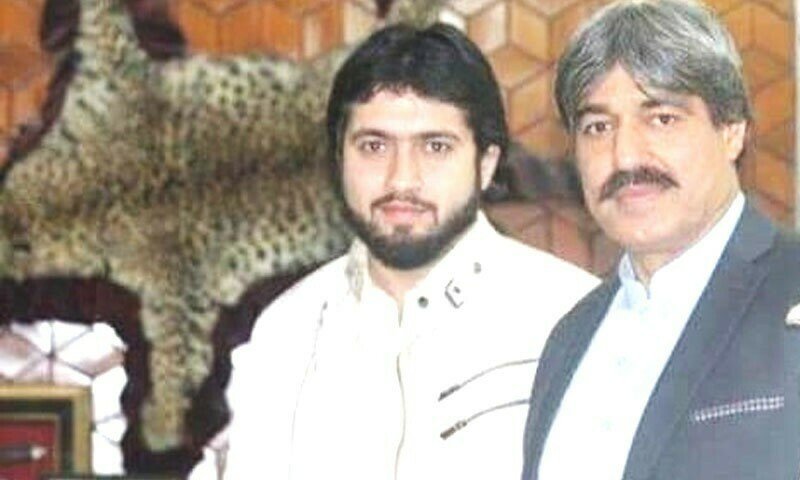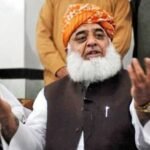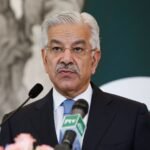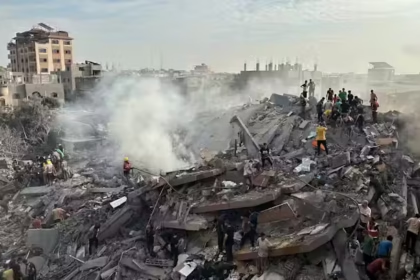Islamabad: A local court has acquitted PML-N Senator Nasir Butt, his nephew Hamza Arif Butt, and others in the high-profile Judge Arshad Malik video scandal case.
The acquittal came during a hearing presided over by Additional Sessions Judge Adnan Rasool Larak, following a plea submitted by the defense.
The defense argued that the complainant, Arshad Ali, and the primary accused, Mian Tariq, had passed away, rendering the case void. They further stated that the Federal Investigation Agency (FIA) had dropped terrorism charges, and in the absence of the complainant, the case had no legal grounds to proceed. It was also emphasized that no social media platform was involved in the leaked video.
After reviewing the arguments, the court acquitted all accused in the case registered in 2019.
Background of the Arshad Malik Video Scandal
The scandal first came to light on July 6, 2019, when PML-N Vice President Maryam Nawaz revealed a purportedly incriminating video of Judge Arshad Malik during a press conference. The video allegedly showed the judge confessing to PML-N worker Nasir Butt that he had delivered a biased verdict against former Prime Minister Nawaz Sharif in the Al-Azizia Steel Mills case under duress.
In the video, Judge Malik allegedly admitted that there was no evidence of money laundering against Nawaz Sharif and expressed remorse over his judgment. Maryam Nawaz claimed that the video was proof of injustice in the case and demanded a review of the verdict.
Judge Malik, who had sentenced Nawaz Sharif to seven years in prison in the Al-Azizia reference while acquitting him in the Flagship reference, later denied the allegations in a press release. He stated that the video was manipulated to tarnish his reputation and that he had been offered bribes and threatened by PML-N representatives.
Following the release of the video, the Islamabad High Court removed Judge Arshad Malik from his position, and the Ministry of Law barred him from further judicial duties.
The scandal had far-reaching implications, raising serious questions about judicial integrity and the influence of external pressures in high-profile cases.







